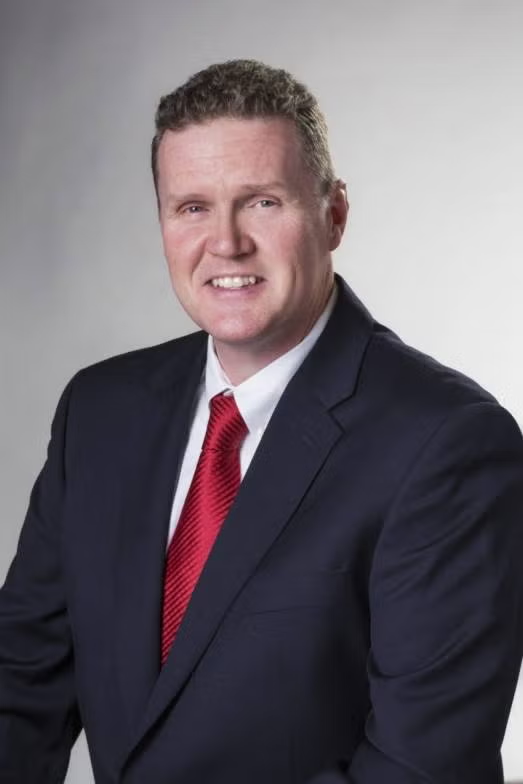While plastic makers in the U.S. have different approaches and areas of focus, we’re all united on the need to solve the problem of plastic waste. Together, America’s Plastic Makers are helping to lead the way and we’re confident that we can address this problem as a nation.
Three years ago, we established two ambitious goals: 100% of U.S. plastic packaging will be recyclable or recoverable by 2030, and 100% of U.S. plastics packaging will be reused, recovered or recycled by 2040.

To reach these goals, we developed a set of principles to guide our efforts. And we built a RoadMap to Reuse, a plan to achieve these goals and drive toward a circular economy for plastics, in which these materials are kept in use for as long as possible and then repurposed instead of discarded.
Part of that plan requires policy changes and Congressional action. So on July 13, we detailed 5 Actions for Sustainable Change: A Plan for Congress to Accelerate a Circular Economy for Plastics, a solutions-oriented, comprehensive national strategy that can keep us on the path to reach our goal: ending plastic waste.
Now it’s time for Congress to act.
These 5 Actions include:
- Require all plastic packaging to include at least 30% recycled plastic by 2030 through a national recycled plastics standard.
- Create a modern regulatory system to develop a circular economy for plastics, which would enable rapid scaling of advanced recycling while continuing to grow mechanical recycling.
- Develop national recycling standards for plastics by directing the Environmental Protection Agency (EPA) and the Department of Energy (DOE) to bring together the plastics value chain and municipalities to help develop a national recycling framework for plastics.
- Study the impact of greenhouse gas emissions from all materials to guide informed policy by engaging the National Academy of Sciences to conduct a study that compares the impacts of raw materials and use its findings to guide future policies.
- Establish an American-designed producer responsibility system for packaging to help increase recycling access, collection and outreach for all materials, including plastics.
Details of the proposed policies can be found here.
These 5 Actions represent a constructive pathway, a new way of looking at plastics for policymakers and all Americans that will help lead us to that circular economy… a mindset and an economic model in which used plastics are treated as valuable resources and kept out of our environment and ocean.
Americans want us to take bold steps. A recent survey found that 82% of Americans want the plastic industry to “bring together businesses, government and consumer groups to help develop a national recycling framework to significantly increase plastic recycling.”
We can do that. And we’d like some help. While America’s Plastic Makers are a big part of the plastics value chain, we need everyone involved. We invite the entire value chain to join us, from our raw material suppliers all the way to the American consumer. We can come together as companies, as policymakers, as recyclers, as communities – as Americans – to work toward one common goal: ending plastic waste.
Join us.
We hope you’ll join us in reaching out to Congress to support these 5 actions. Please contact ACC to learn more about getting involved. And click here to see other ways America’s Plastic Makers are improving our future by making sustainable change.
John Thayer is senior vice president at NOVA Chemicals and chair of the American Chemistry Council’s Plastics Division.